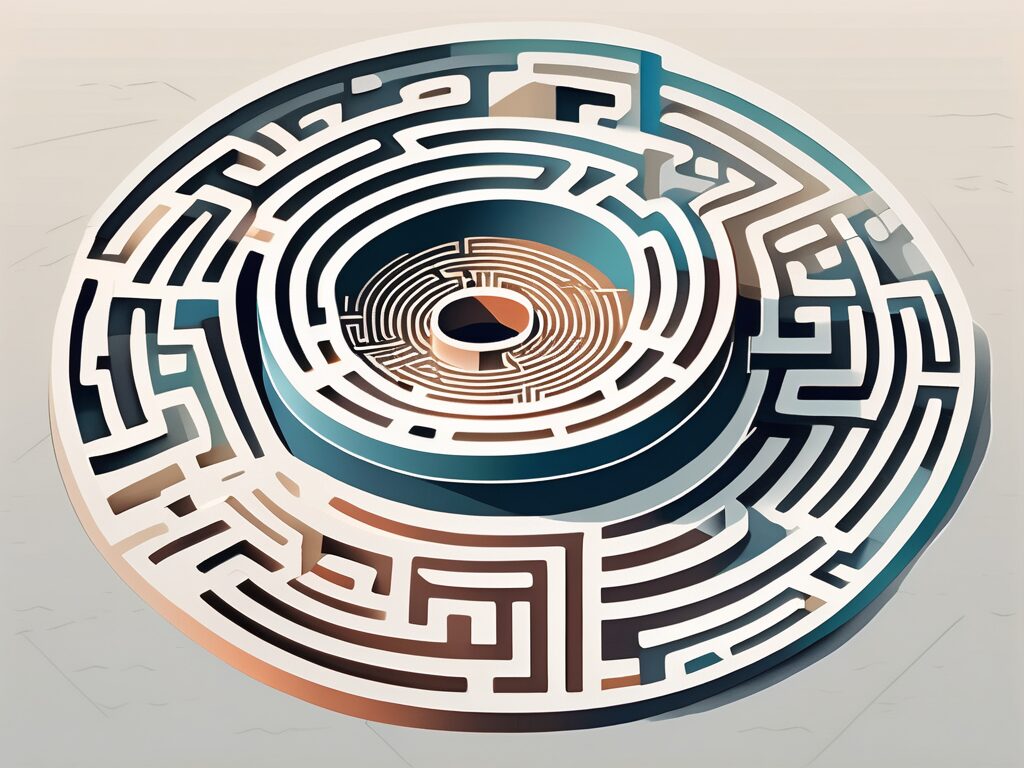South Korea, often hailed as the epitome of educational success, is renowned for its high literacy rates and academic achievements. However, beneath the surface of this glittering success story, there lies a plethora of challenges that are plaguing the higher education system. From the intense competition and pressure to succeed, to the high tuition fees and lack of job prospects for graduates, the South Korean higher education system is facing a crisis that needs urgent attention.
The Pressure Cooker Environment
Academic Pressure
South Korean students are known for their diligence and hard work. However, this work ethic is often driven by intense pressure and competition. The South Korean education system is highly competitive, with students’ futures often determined by their performance in the highly stressful College Scholastic Ability Test (CSAT).
This high-stakes testing culture has led to a pressure cooker environment, where students spend long hours studying, often at the expense of their mental and physical health. The pressure to succeed acadically is so intense that it has been linked to high levels of stress, anxiety, and even suicide among students.
Lack of Creativity and Critical Thinking
The focus on rote learning and memorisation in the South Korean education system has been criticised for stifling creativity and critical thinking. Students are often taught to regurgitate information, rather than to question, analyse, or think critically about it.
This lack of creativity and critical thinking in the education system is not only detrimental to the personal development of students, but it also hampers the country’s ability to innovate and compete in the global economy. As the world moves towards a knowledge-based economy, the ability to think creatively and critically is becoming increasingly important.
High Tuition Fees and Student Debt
The Burden of Tuition Fees
South Korea has one of the highest tuition fees in the world. The high cost of education puts a significant financial burden on students and their families, and many students graduate with substantial debt.
The high cost of education also exacerbates social inequality, as it restricts access to higher education for students from low-income families. This is in stark contrast to countries like Germany and Finland, where higher education is free for all students, regardless of their financial background.
The Student Debt Crisis
The high tuition fees have led to a burgeoning student debt crisis in South Korea. Many students rely on loans to finance their education, and the burden of repaying these loans often hangs over them long after they graduate.
This student debt crisis is not only a personal burden for the students, but it also has wider implications for the economy. High levels of student debt can stifle economic growth, as graduates have less disposable income to spend, and are less likely to start businesses or invest in property.
Lack of Job Prospects for Graduates
The Graduate Unemployment Problem
Despite the high levels of education, many South Korean graduates struggle to find employment. The job market is highly competitive, and there is a mismatch between the skills that graduates have and the skills that employers are looking for.
This graduate unemployment problem is not unique to South Korea. It is a global issue, affecting countries from the US to the UK. However, the problem is particularly acute in South Korea, where the high cost of education and the pressure to succeed make the lack of job prospects particularly devastating.
The Need for Vocational Education
One of the solutions to the graduate unemployment problem is to promote vocational education. Vocational education provides students with practical skills that are in demand in the job market, and can help to bridge the gap between education and employment.
However, vocational education is often stigmatised in South Korea, where academic achievement is highly valued. Changing this perception and promoting vocational education as a viable alternative to academic education is a challenge that needs to be addressed.
Conclusion
The problems facing the South Korean higher education system are complex and multifaceted. They require a holistic approach that addresses the pressure cooker environment, the high tuition fees and student debt, and the lack of job prospects for graduates.
While the challenges are daunting, they also present an opportunity for South Korea to reform its education system, and to create a system that is more equitable, more sustainable, and better suited to the needs of the 21st century.
Empower Your Educational Career with IPGCE
As South Korea grapples with the challenges of its higher education system, educators have the opportunity to enhance their qualifications and career prospects with IPGCE. Join the UK’s #1 Teacher Training Course and unlock the door to international teaching roles, increased job interviews, and career advancement. With the International Postgraduate Certificate in Education, you’ll gain access to a global professional network, adapt seamlessly to international curricula, and enjoy the flexibility of online study. Don’t let inadequate credentials limit your potential. Join the IPGCE program today and take the first step towards transforming your educational career.

